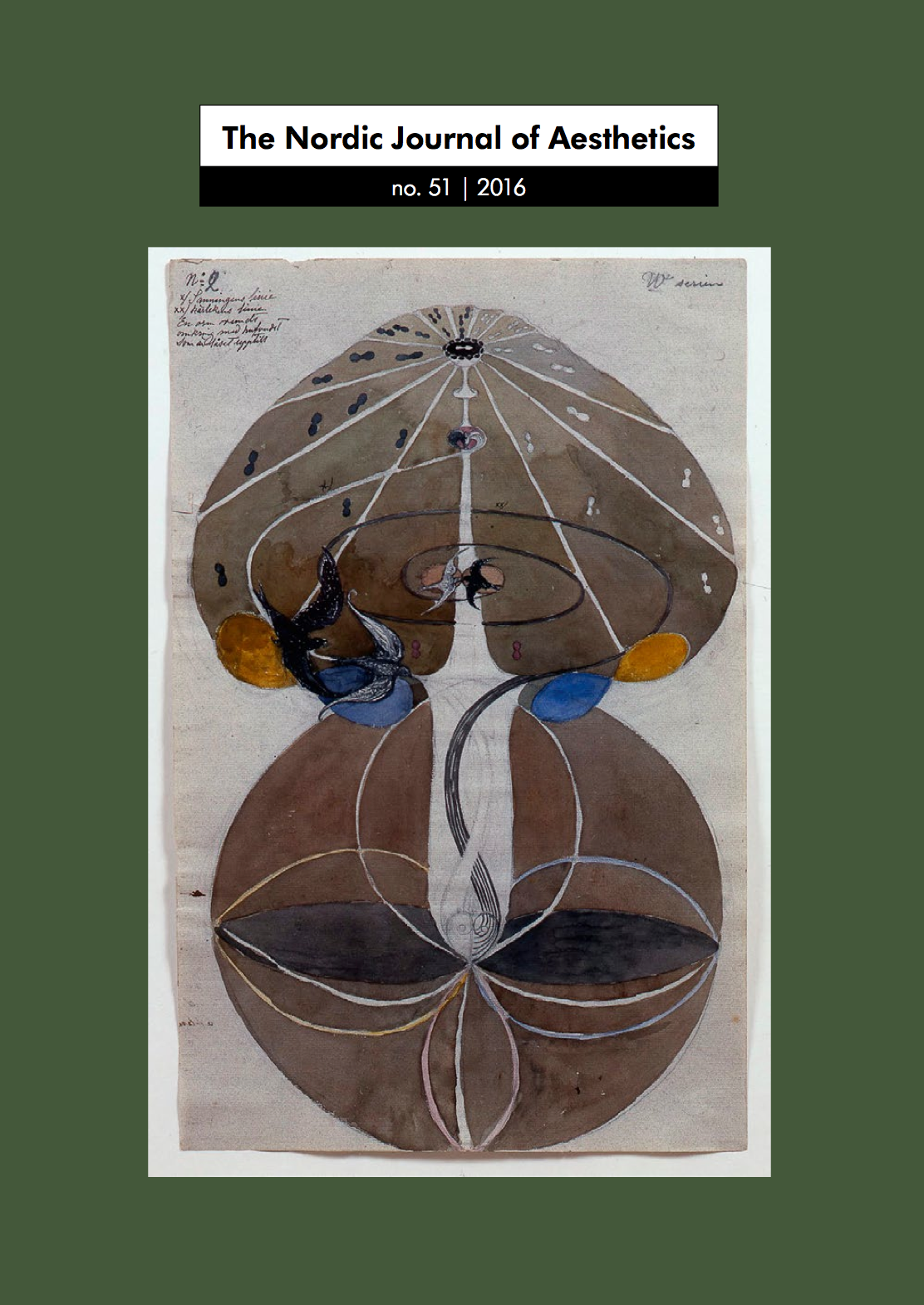The Art of Searching: On “Wild Archaeologies” from Kant to Kittler
DOI:
https://doi.org/10.7146/nja.v25i51.25152Keywords:
Archaeology, History, Temporality, Epistemology, Archive theory, Foucault, Freud, Benjamin, Kittler, AgambenAbstract
The article focuses on the phenomenon of “Wild Archaeologies” – that is, on “archaeologies” that have appeared in the history of knowledge outside of Classical Archaeology: The first of these projects one thinks of, is of course Foucault’s L’archéologie du savoir, but there has also been Freud’s archaeology of the soul, Benjamin’s archaeology of modernity as well as Kittler’s archaeology of media – and even Kant’s archaeology of metaphysics. All of these various projects experimented with a material reflection of temporality and presented alternatives to the conventional historical thinking of the past. What do these various projects have in common? What is their historical, philosophical and epistemological relation to contemporary archive theory as well as to Classical Archaeology? And which consequences has this “archaeological method” or thinking for art history? And finally, what does Giorgio Agamben’s recent claim mean: that “the archaeologist’s gesture is the paradigm of every human activity”?Downloads
Published
2017-01-10
How to Cite
Ebeling, K. (2017). The Art of Searching: On “Wild Archaeologies” from Kant to Kittler. The Nordic Journal of Aesthetics, 25(51). https://doi.org/10.7146/nja.v25i51.25152
Issue
Section
Articles
License
Authors who publish with this journal agree to the following terms:
- Authors retain copyright and grant the journal right of first publication with the work simultaneously licensed under a Creative Commons Attribution License that allows others to share the work with an acknowledgement of the work's authorship and initial publication in this journal.
- Authors are able to enter into separate, additional contractual arrangements for the non-exclusive distribution of the journal's published version of the work (e.g., post it to an institutional repository or publish it in a book), with an acknowledgement of its initial publication in this journal.
- Authors are permitted and encouraged to post their work online (e.g., in institutional repositories or on their website) prior to and during the submission process, as it can lead to productive exchanges, as well as earlier and greater citation of published work (See The Effect of Open Access).




